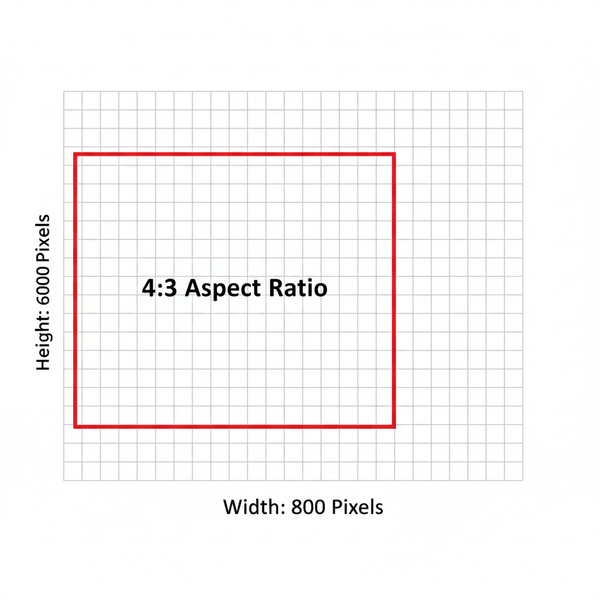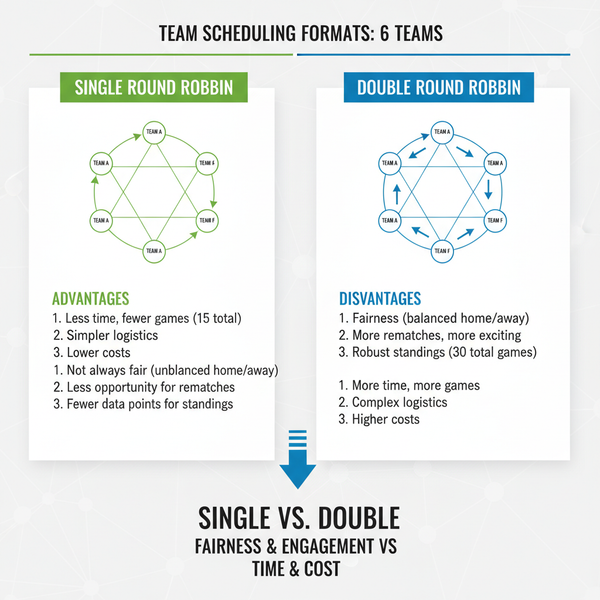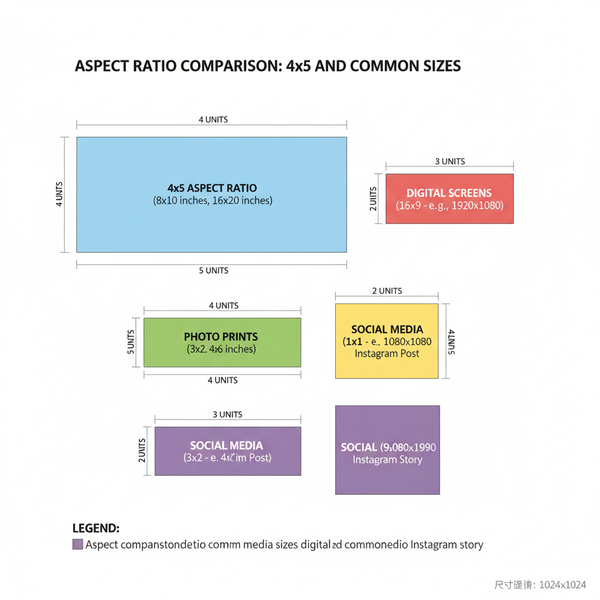Instagram Link Don't Share It Message Explained
Learn what Instagram's "Link – Don't Share It" message means, when it appears, and how to handle sensitive links to protect your privacy.
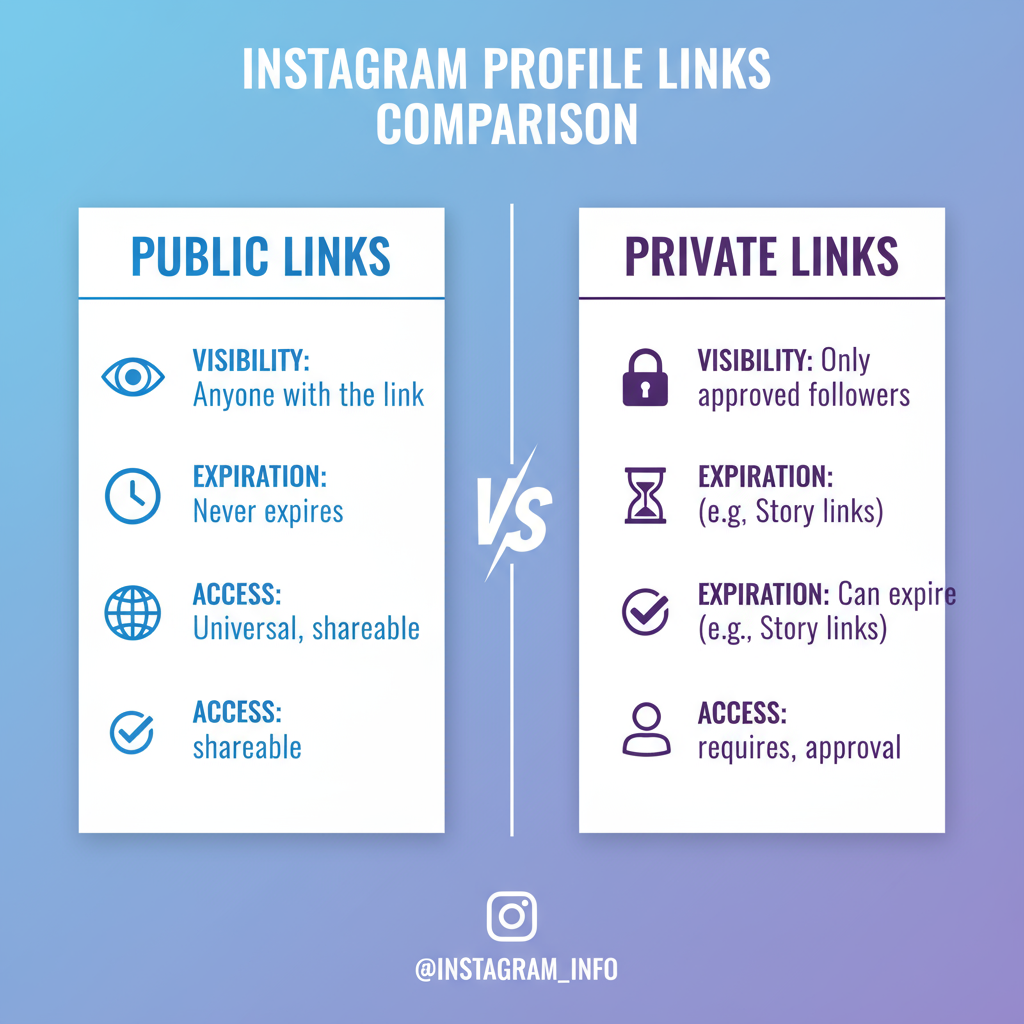
Introduction to Instagram Link Privacy Notices
Instagram has become a central hub for sharing personal moments, business updates, and creative work. Whether you’re sending a story to a friend, sharing a post via direct message, or collaborating on content, links play a big role. But sometimes, when you tap Share, you’ll see a notice like:
> "Link – Don't Share It"
This can be confusing, especially if you’re new to Instagram’s security features. In this guide, we’ll explain exactly what the Instagram “Don’t Share It” link message means, why it appears, and how to handle such links safely to protect your privacy and your audience’s trust.

---
What the "Don't Share It" Message Actually Means
When Instagram displays "Link – Don't Share It" or a similar warning, it’s essentially telling you that the URL contains sensitive, private, or time-limited information.
These types of links are often tied to:
- Private accounts or private content.
- Expiring content like stories or reels.
- Temporary viewing permissions.
- Secure authentication tokens.
In other words, this is Instagram’s way of saying: “This link is intended only for you or a small group. Passing it along may give others access they weren’t supposed to have.”
---
Common Scenarios When Instagram Shows This Warning
Instagram may generate this message in various cases, most commonly:
- Private Profile Content – Posts and stories from an account set to Private.
- Direct Message Attachments – Media shared via DMs is meant for specific recipients.
- Exclusive Access Links – For example, invite-only live videos or Close Friends stories.
- Instagram Shop or Checkout Links – Cart or payment details tied to your session.
- Verification and Login Links – Recovery or two-factor authentication URLs.
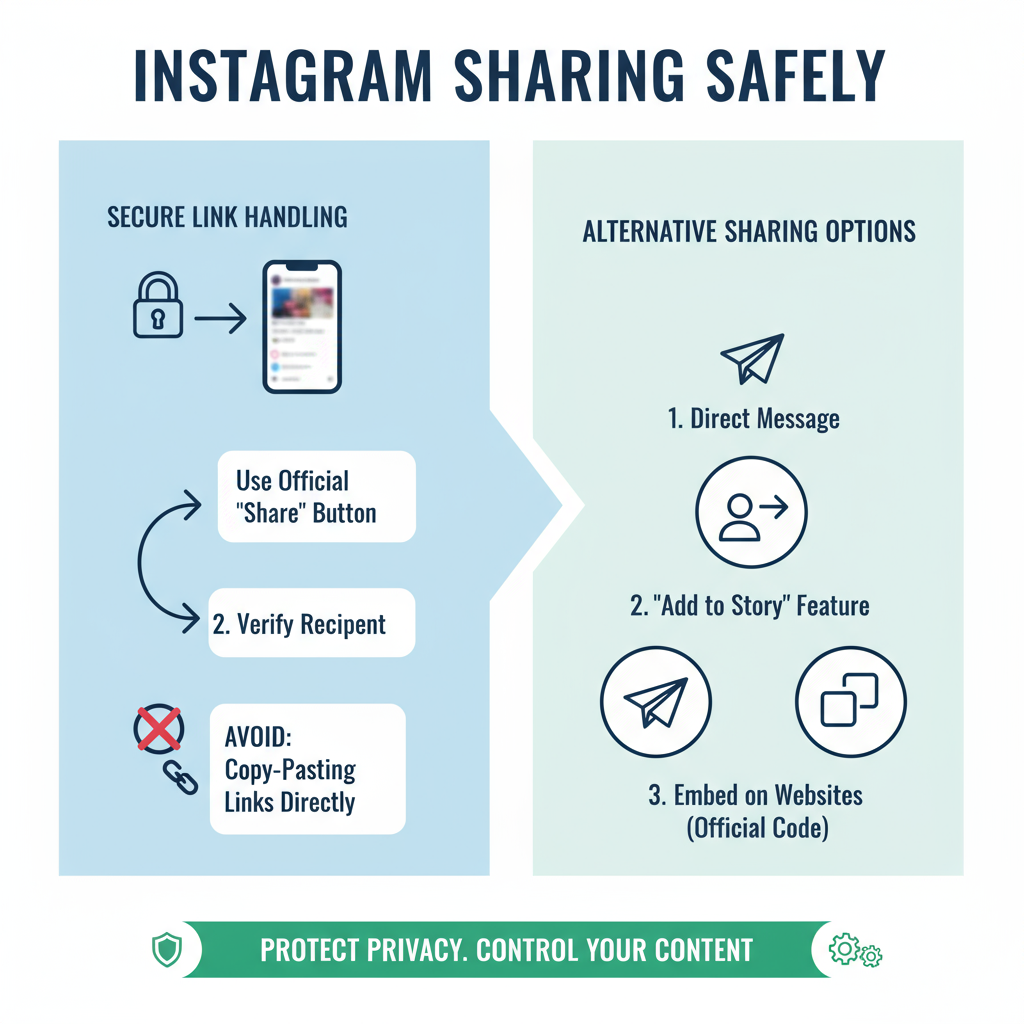
These scenarios highlight situations where link leakage could compromise account privacy or reveal content without the owner’s consent.
---
Security and Privacy Risks of Sharing Sensitive Links
Sharing sensitive Instagram links without caution can lead to:
- Unauthorized Access – Someone gains access to content meant for a closed audience.
- Phishing Risks – Malicious actors could mimic the link format to steal credentials.
- Content Piracy – Exclusive photos/videos could be downloaded and redistributed.
- Account Compromise – If the link contains tokens, it could allow session hijacking.
Even if the link stops working later, there is still a window during which the content could be captured or misused.
---
How Instagram Generates Secure, Private URLs
Instagram uses dynamic link generation with embedded identifiers and tokens that:
- Authenticate the current user – Ensuring only authorized viewers can open it.
- Expire after a duration – Limiting the time the link is functional.
- Contain encrypted data – Making it hard to guess or reconstruct.
A simplified example might look like:
https://instagram.com/s/_u/privateaccountname/?token=abc123secureXYZHere:
- `s/_u/` indicates a special share path.
- `privateaccountname` references the account.
- `token=abc123secureXYZ` is a temporary access credential.
---
Difference Between Public and Private Instagram Links
Many users don’t realize that not all Instagram links are created equal. Here’s a quick breakdown:
| Link Type | Access Level | Expiration | Example |
|---|---|---|---|
| Public Post Link | Anyone can view | No expiration | https://instagram.com/p/XYZ123/ |
| Private Post Link | Only approved followers | No expiration (permissions apply) | Special URL without token |
| Secure Tokenized Link | Specific recipient + auth | Expires in hours/days | URL with token query |
| Story or Reel Link | Depends on privacy setting | 24 hours typically for stories | https://instagram.com/stories/... |
Understanding these differences will help you decide if a link is safe to share.
---
Best Practices for Safely Sharing Instagram Content
If you want to keep your Instagram activity safe and still collaborate or share:
- Share public post links for broad audiences.
- Use in-app sharing for private content rather than copy-pasting URLs.
- Confirm with the sender before forwarding any "don't share" link.
- For business content, post to public profiles for maximum reach instead of forwarding private URLs.
- Avoid sharing login, recovery, or verification links entirely.
---
What to Do If You Receive a "Private" or "Don't Share" Link
If someone sends you such a link:
- Verify the sender – Ensure it’s from a trusted contact, not a phishing attempt.
- Open within the Instagram app – Avoid clicking suspicious browser redirects.
- Don’t forward without permission – Ask the sender if you’re unclear.
- Check expiration – If it doesn’t open anymore, the content may have expired.
---
How Brands and Creators Can Protect Exclusive Content Links
For creators, influencers, and brands, controlling who sees exclusive material is crucial. Instagram’s link privacy features can help:
- Use Close Friends for exclusive stories.
- Host subscriptions for customer-only content.
- Leverage expiring DMs for time-sensitive promotions.
- Add watermarks to prevent unauthorized redistribution.
- Avoid sending raw media files outside the app.

These strategies ensure that your work remains yours, while still engaging your audience authentically.
---
Recap: Keeping Your Instagram Account and Shared Links Secure
Instagram’s “Don’t Share It” link notice is a security cue, not a challenge to bypass. By recognizing when a link is private, understanding its purpose, and knowing how to share content safely, you can protect both your account and others’ privacy.
Key takeaways:
- Treat all "Don’t Share" links as private; ask before re-sharing.
- Understand the lifespan and permissions tied to Instagram links.
- Use Instagram’s built-in privacy tools to control who sees your content.
- Be mindful that even private links can be misused if leaked.
---
Summary: The Instagram “Don’t Share It” message is your signal to pause and consider the security implications before distributing a link. Whether you’re a casual user or a content creator, using these privacy insights will help you maintain trust and safeguard your digital presence.
Call to Action: Share this guide with friends and colleagues who use Instagram so they can recognize and respect private links — protecting both their privacy and yours.

